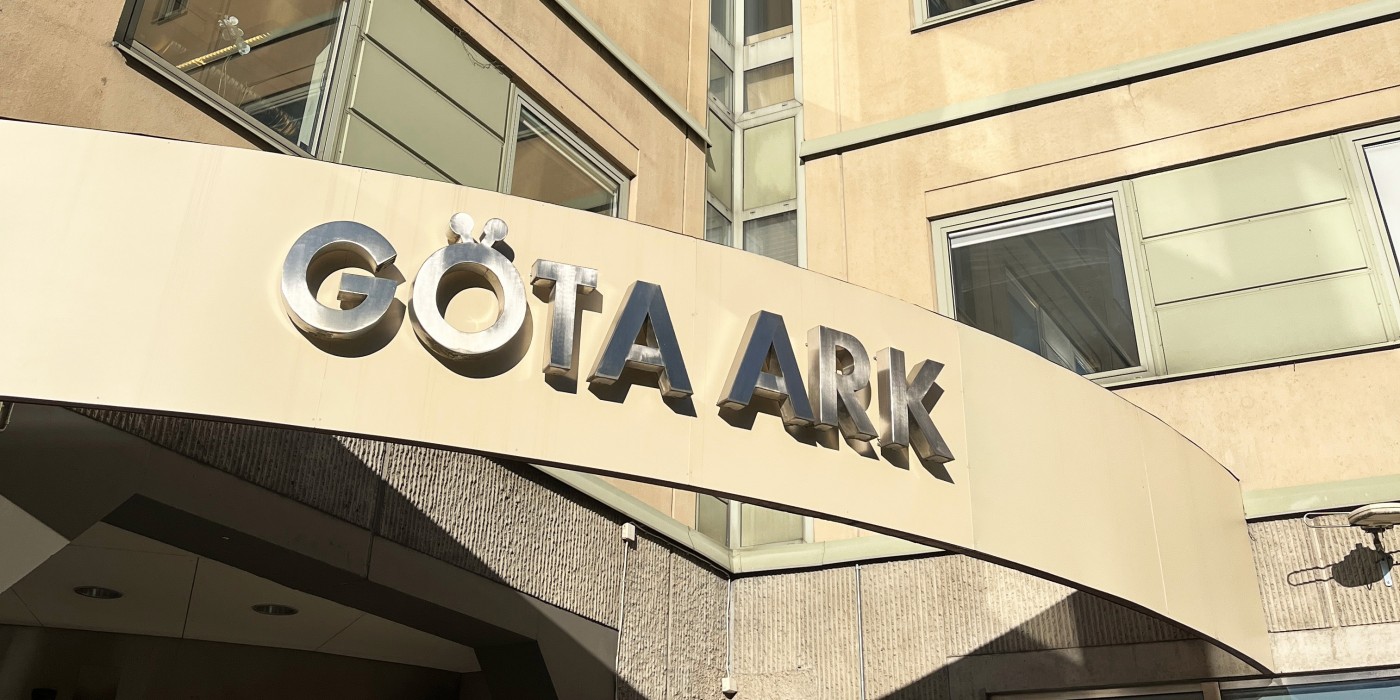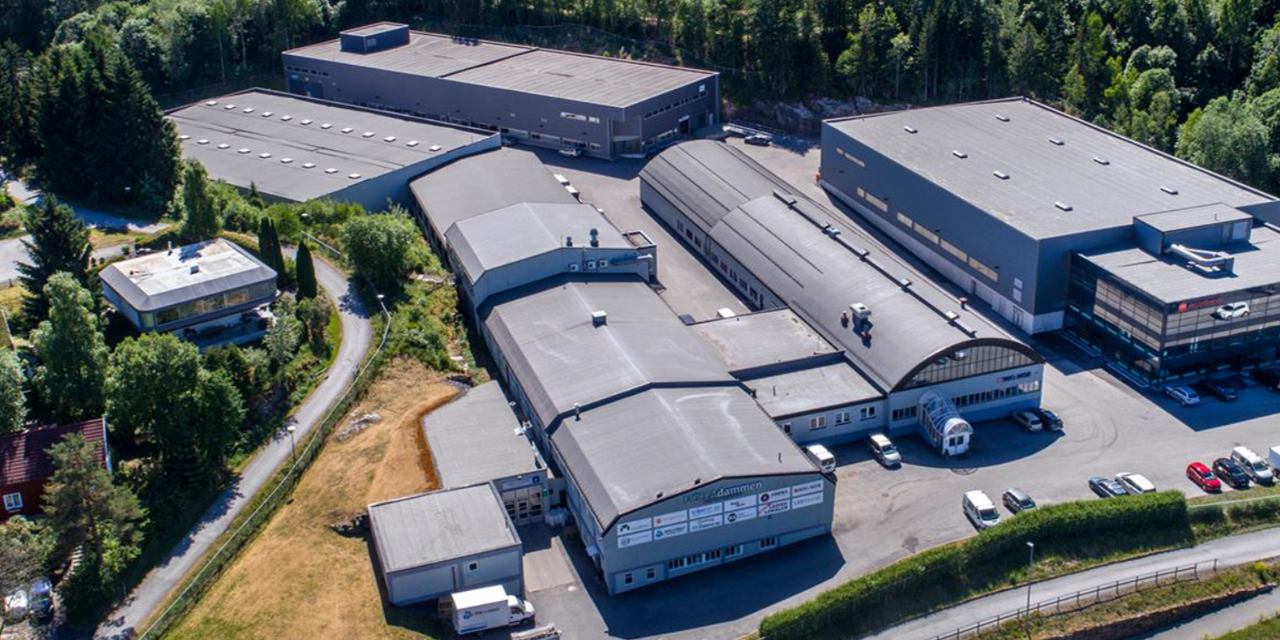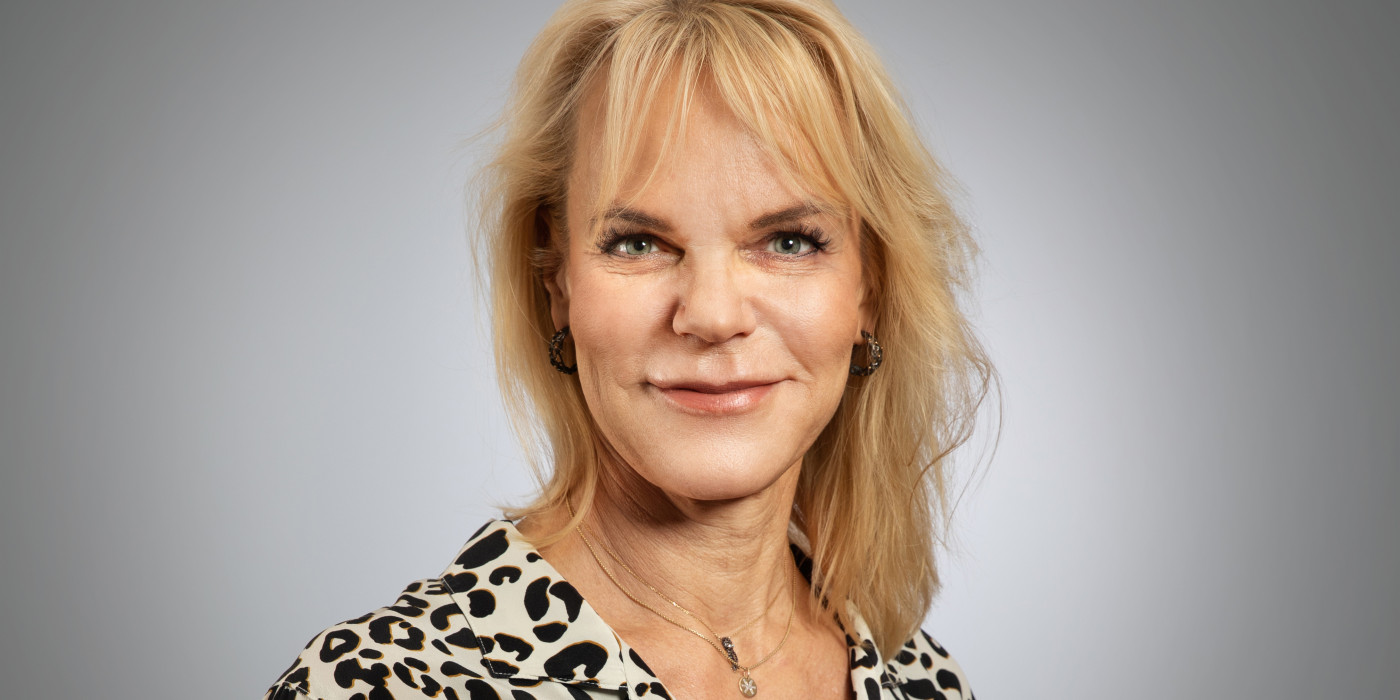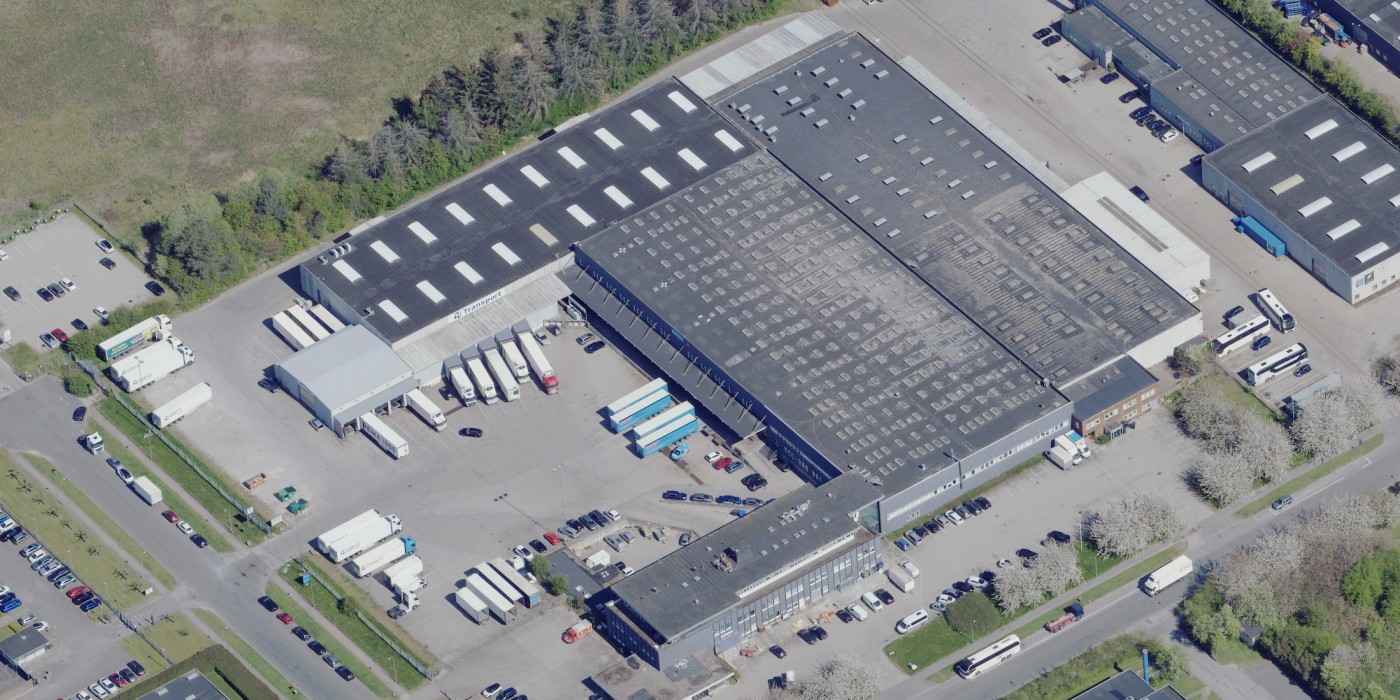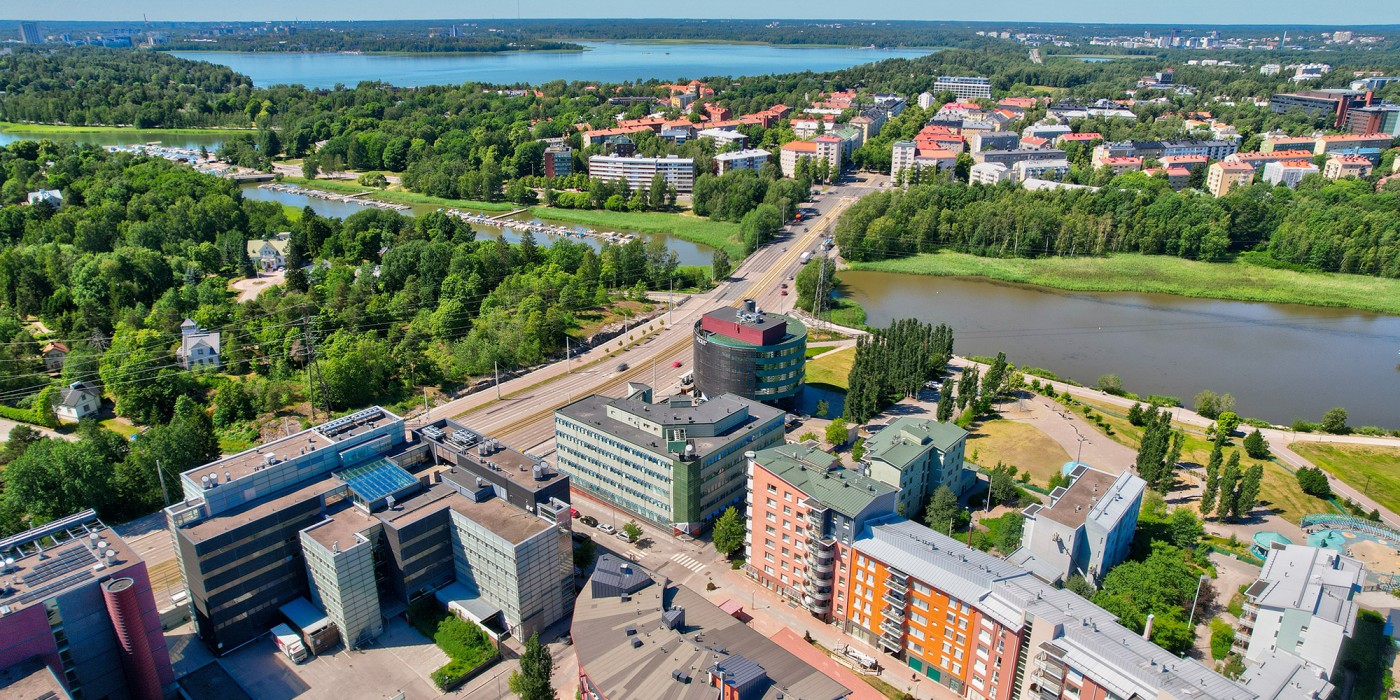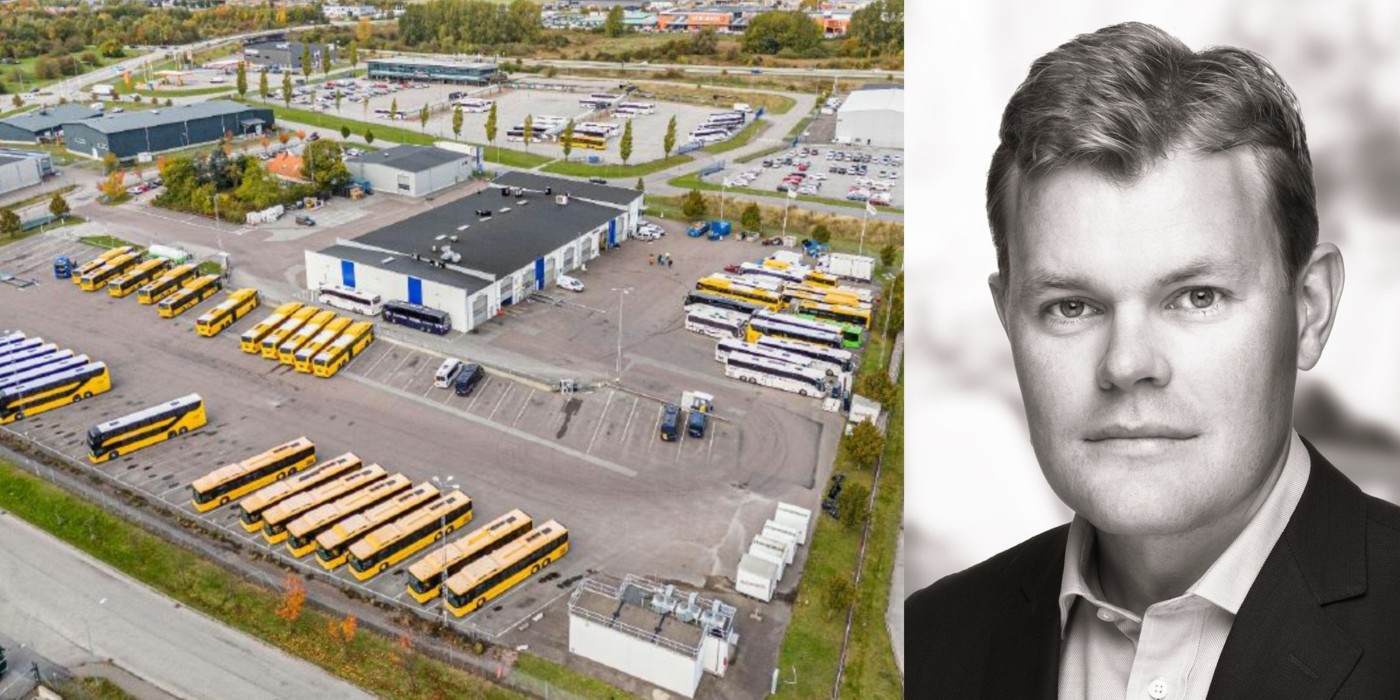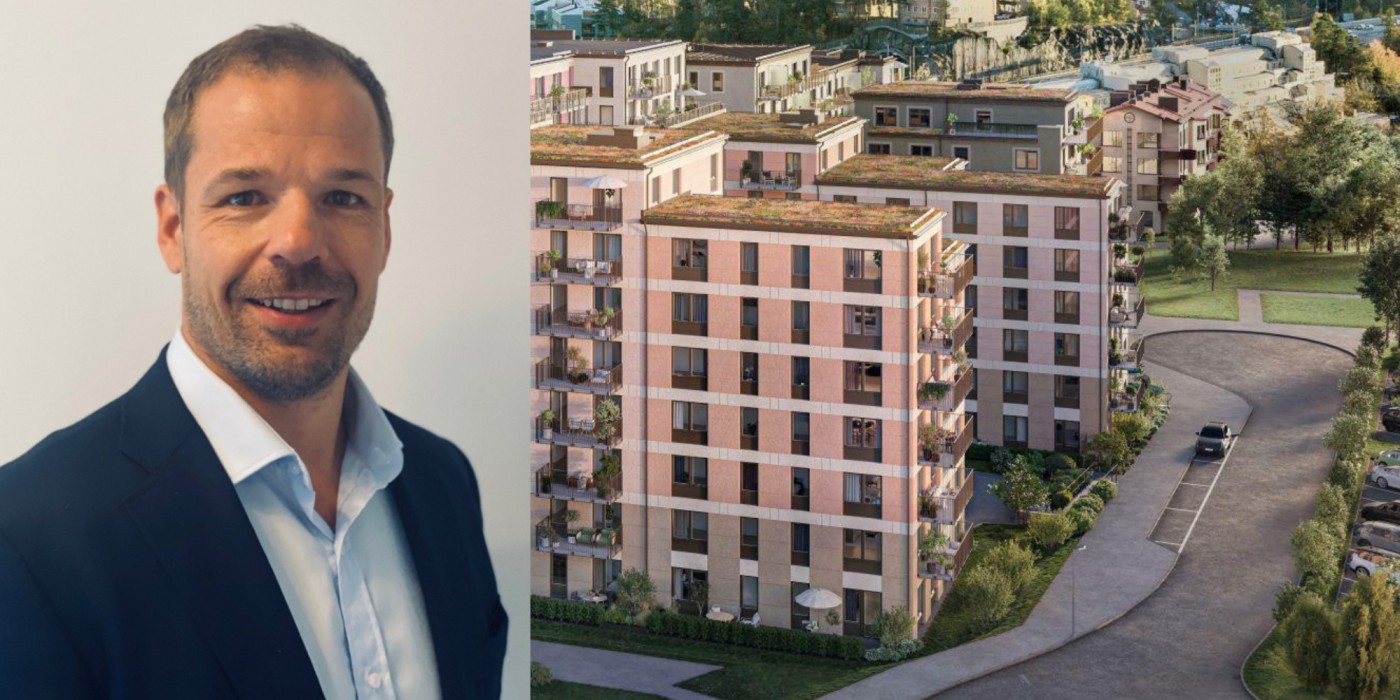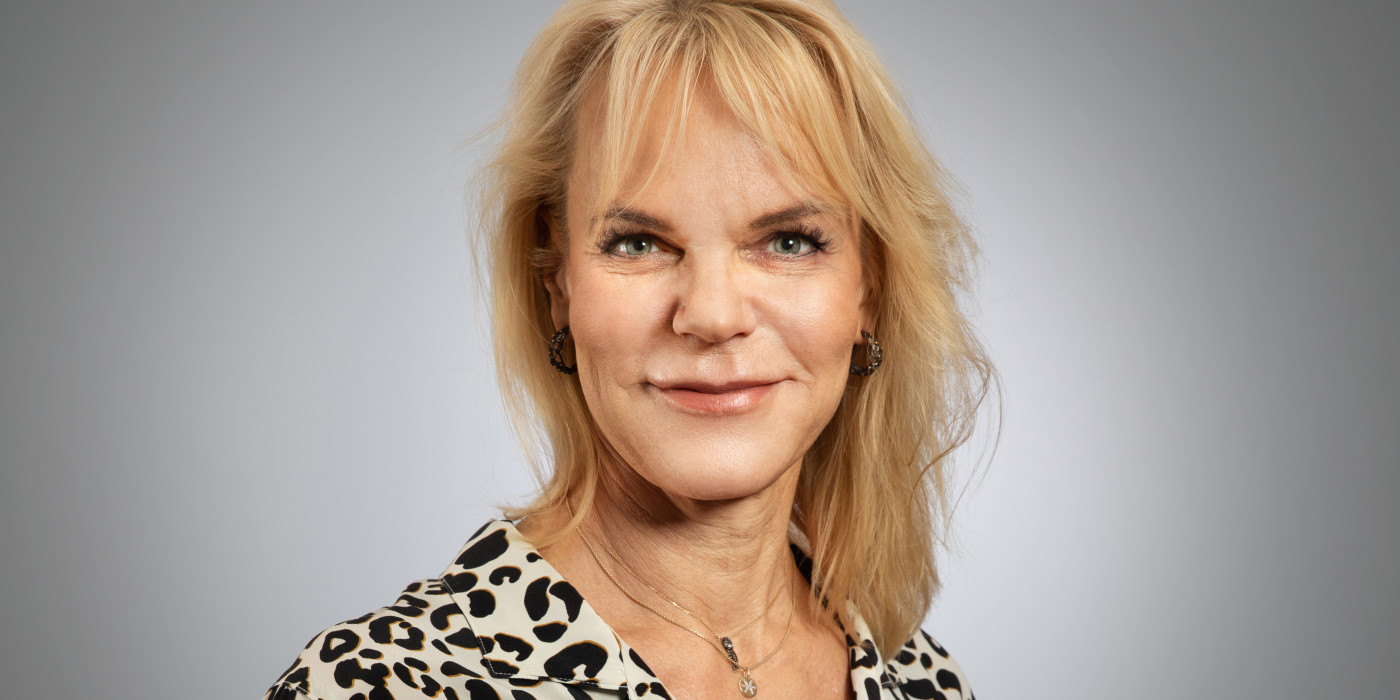What a difference six months can make. In December 2021 our main concern was still what effects Covid would have on future demand for office space. The economic recovery was however going fast, with both production and employment growth increasing rapidly, feeding expectations about a strong recovery once the pandemic resided. Now, half a year later, we are mostly worried about inflation, rising interest rates and the possibility of stagflation. This change in focus has implications for the Nordic Office market.
In the December edition of OECD Economic Outlook GDP growth in the Nordic Countries was expected to decline from on average 4.5 percent in 2021 to 3.5 percent in 2022 and 1.5 percent in 2023. In the latest June edition this forecast had been cut to 2.5 percent in 2022 and 1 percent in 2023. Inflation forecasts have been drastically lifted from on average 2 percent in both 2022 and 2023 to 6 percent in 2022 and 4 percent in 2023. As inflations prospects have changed so have interest rates. In Sweden, Denmark and Finland interest rates on ten year government bonds have risen from around 0.1-0.2 percent in late December to around 1.8 percent at the half-year change. The increase in rates has been similar in Norway. On top of that risk premiums have increased and lenders have tightened loan terms, making it both harder and more expensive for borrowers. The Nordic stock market has fallen 20 percent over the first half year, with real estate companies losing around 45 percent of its market value.

The main reason for the sudden change in the economic climate is that inflation is spreading quickly from commodities and input goods to essential consumer goods and services. Prices on petrol, electricity and food have risen substantially, and so has mortgage costs. Since labour markets are still tightening there is an imminent possibility that price pressures could spill over to wage demands, thus possibly igniting a 1970s-like wage-price spiral. Consumer confidence has sunk like a rock. In Sweden, Denmark and Finland consumers were gloomier in June than they were at the time of the Corona outbreak in spring 2020 or at the height of the financial crises in autumn 2008. Norwegian household confidence was close to the previous lows of 2016 and 2020. Business Confidence is however still pretty high in all four countries, indicating well-stocked orderbooks and pricing power enough to pass increased costs on to end users. However, this may change quickly when both foreign and domestic demand start to tumble. For the first time in more than 30 years an economic downturn will be driven by the demand effects of rising inflation and interest rates.

Real estate market analysts seem to be late in reacting to the changed macroeconomic conditions, still expressing ongoing optimism. Advisory firms have noted decreased investment activity in Sweden but rising transaction volumes in the other three countries. In the Nordic office markets take-up seems to have been a little higher than last year, so far in 2022. Net absorption hasn’t really been there though, in most markets occupied office space is still smaller than it was before the pandemic. The upturn in office vacancies seems on average to have flattened out during 2022, but there are divergencies between cities with both continued increases and incipient downturns recorded.
Rent levels in newly signed agreements have mostly been flat or slightly higher than last year. Most advisors are still counting on prime office rents to rise and prime yields to stay unchanged over the coming year. Future supply and demand of office space will however be affected, not only by the coming economic downturn but also by the ongoing adaption to the ongoing changeover to new flexible and digital ways of working. A changeover that has been speeded up by the pandemic. A reasonable bet for the future still is that offices which offers good location, high quality, high flexibility and strong sustainability will have lower vacancies and higher rents than the rest. But the state of office markets in general, on a one-to-two-year horizon, now depends a lot on where GDP growth, employment, inflation and interest rates are heading.
Bio
Tor Borg is the Chief Analyst of CityMark Analys and Byggfakta Sweden, two sister companies that provides real estate and construction project information and analyses to all major real estate and construction companies in Sweden.
CityMark Analys has surveyed and analyzed the commercial real estate market for over thirty years. Main focus is on the Swedish office rental market. Clients, which includes most major real estate companies in Sweden, are supplied with both detailed and overall market knowledge, insights, and forecasts.


 All Nordics
All Nordics
 Sweden
Sweden
 Denmark
Denmark
 Finland
Finland
 Norway
Norway




